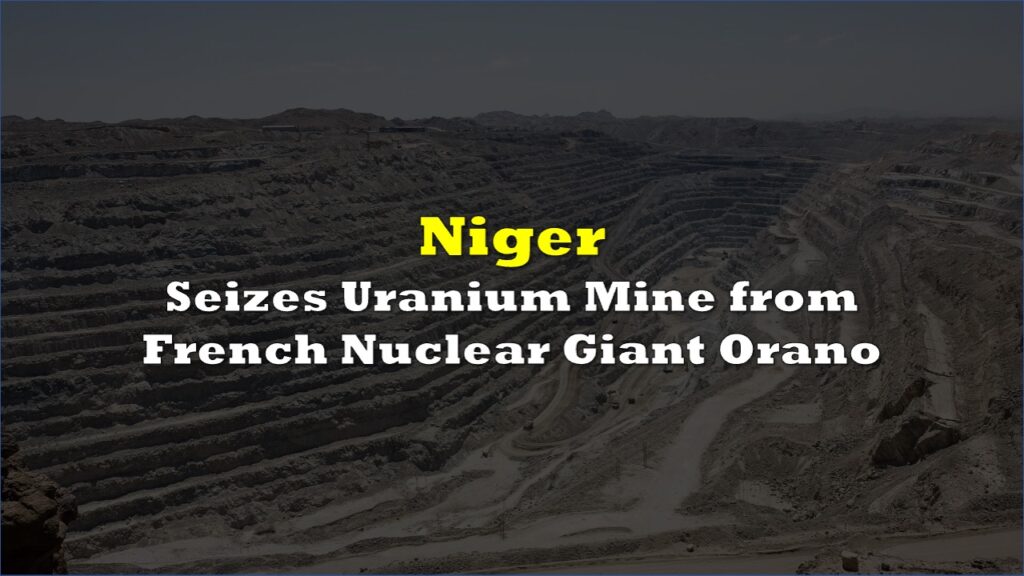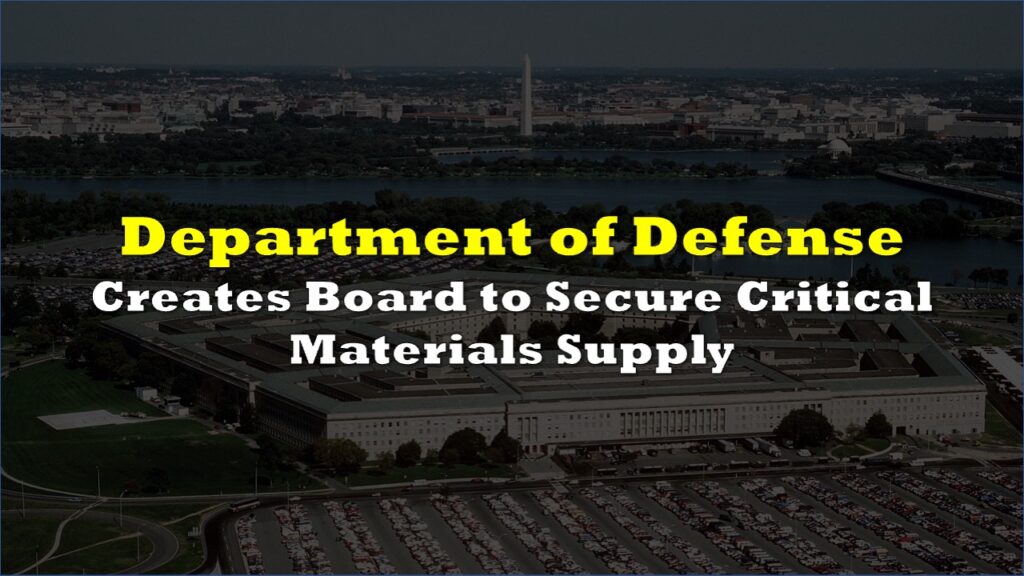As global industries become increasingly dependent on high-tech components, the geopolitical spotlight has turned to critical minerals—resources essential for everything from electric vehicles to advanced military technologies. With China holding a dominant position in the global supply of these minerals, Western nations have rallied to challenge this monopoly.
On Monday, the Minerals Security Partnership (MSP), a coalition of 14 countries and the European Commission, announced a significant step towards reshaping the global critical minerals landscape.
The MSP, a strategic alliance formed to ensure diversified and secure supply chains, unveiled a new financing network at a high-level event in New York. The event coincided with the United Nations General Assembly, where government and private sector representatives laid the groundwork for enhanced cooperation in mining and processing critical minerals.
The MSP includes members such as the United States, Australia, Canada, Estonia, Finland, France, Germany, India, Italy, Japan, South Korea, Norway, Sweden, the United Kingdom, and the European Union.
The initiative is seen as a direct response to China’s grip on the global critical minerals market. Chinese companies currently control an overwhelming 90% of the world’s processing capacity for rare earth elements—used in a variety of cutting-edge technologies—and more than half of the processing for key battery minerals like cobalt, nickel, and lithium. These materials are indispensable in the manufacture of electric vehicles, consumer electronics, and advanced military hardware, such as night-vision equipment and armor-piercing ammunition.
“What China is doing is following the playbook of the monopolist to drive out competition,” said José Fernandez, U.S. Undersecretary of State for Economic Growth, who has been an outspoken advocate for reducing Western dependence on Chinese supplies.
“We realize we can’t solve this problem with any one single country. We are stronger together,” Fernandez emphasized, noting the need for a coordinated global approach to securing supply chains.
China’s monopolistic practices, Fernandez argues, include overproduction and predatory pricing strategies that make it difficult for competitors to thrive. This, combined with recent retaliatory export controls from Beijing on minerals such as antimony—a crucial component for military applications—has further heightened concerns about supply chain vulnerabilities.
Industrial bifurcation is an important, albeit expensive step in strengthening the West's supply chain. While complete decoupling probably isn't possible, demand & geopolitical pressures require it. Prepare for capital subsidies & inflows into the best domestic projects. pic.twitter.com/9hblmcVimo
— Duane Hope (@DuaneHope5) September 23, 2024
Alternative sources
Western countries have already taken notable steps to diversify their sources of critical minerals. A joint statement from the MSP highlighted 10 critical minerals projects that have attracted government backing, with a further 30 under consideration. These projects span multiple continents, reflecting the global nature of the challenge and the efforts to mitigate risk by spreading extraction and processing facilities across allied nations.
The announcement also marks an increased push to bring private investors into the fold. Representatives from leading financial institutions such as BlackRock, Goldman Sachs, and Citigroup were present, alongside major mining firms including Rio Tinto and Anglo American. Their involvement is crucial, as large-scale investments will be needed to develop new mines and processing facilities, often in challenging environments that require significant upfront capital.
The MSP’s new financing network aims to address this issue by providing co-financing and risk-sharing mechanisms. According to Fernandez, the network will “strengthen cooperation and promote information exchange,” offering a platform for Western governments and industries to pool resources and knowledge as they develop alternative supply chains.
The increasing demand for critical minerals stems from their vital role in the production of clean energy technologies and advanced defense systems. The global shift toward renewable energy, driven by initiatives like the Paris Agreement, has spurred a surge in demand for minerals used in batteries and EVs. Simultaneously, tensions between major powers have heightened the need for secure access to materials essential for national defense.
In recent years, the United States and its allies have taken a series of steps to reduce reliance on Chinese minerals. The Inflation Reduction Act in the U.S., for example, incentivizes domestic production of EV batteries and green technologies, tying subsidies to the sourcing of minerals from countries with free trade agreements.
Canada, Australia, and the European Union have also been actively exploring their mineral reserves and forging new partnerships with countries outside of China’s sphere of influence.
This strategy, however, is not without its challenges. Mining projects can take years, even decades, to reach full operational capacity, and the environmental impact of such initiatives can be significant.
Information for this briefing was found via Financial Times and the sources mentioned. The author has no securities or affiliations related to this organization. Not a recommendation to buy or sell. Always do additional research and consult a professional before purchasing a security. The author holds no licenses.









